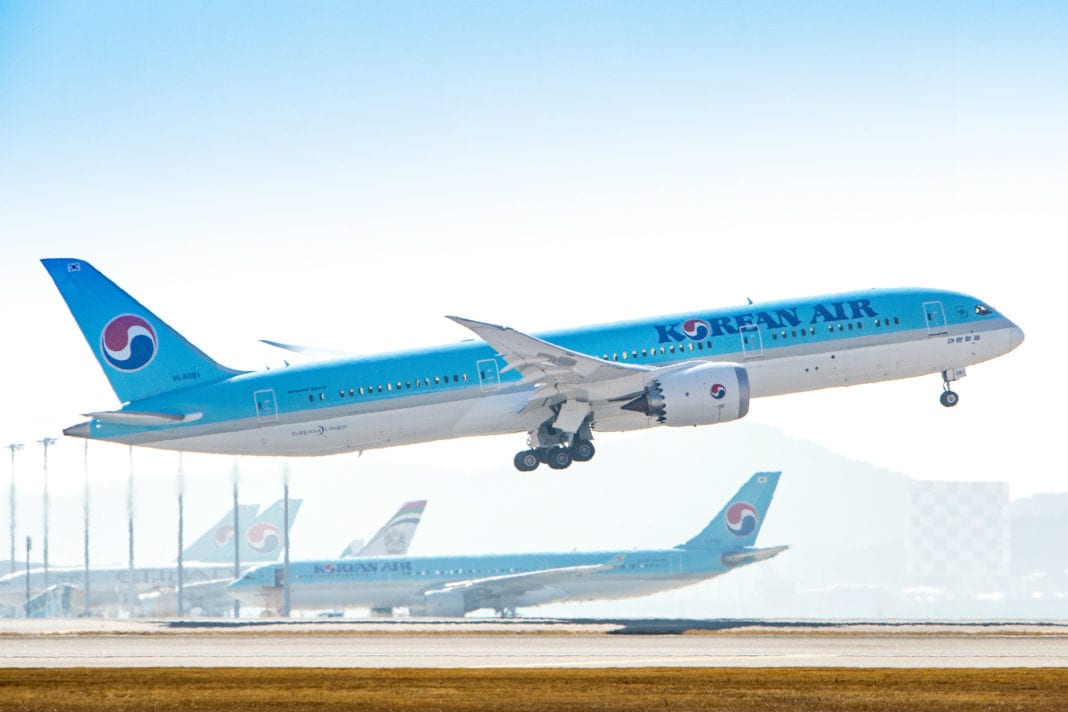Cruise ship tipping has long been an area of contention, but the debate may be nearing conclusion.
P&O Australia’s announcement this month that it would abandon the practice of adding gratuities to passengers’ bills is perhaps the first death knell for a cruise tradition that does not translate well for many international passengers.
Royal Caribbean’s UK managing director Robin Shaw has said that the line is considering a change from mandatory tipping as well. And just this week Azamara announced it would include gratuities in cruise fares.
As cruising becomes ever-more international, and as the cultures and holiday traditions of Brits are increasingly rubbing up alongside those of Australians, Japanese and Americans, the issue of tipping has become an increasingly controversial minefield.
A recent Times Online story reported that Britain’s cruise ship travellers are becoming increasingly hostile to the practice. Indeed, in a December poll on www.cruisecritic.co.uk that asked travellers about their preferences for paying gratuities, 50 per cent said that service should be included in overall cruise fares. Only 6 per cent felt that tipping should be a mandatory charge.
As cruise holidays have become the most popular style of travel in Britain, and as the industry touts voyages as a most value-oriented holiday, the addition of as much as £6 per day can be expensive. On a fortnight’s cruise in the Caribbean for a family of four, the cost of gratuities alone is as much as an extra £336.
Also offensive to many is the philosophy that gratuity giving, which stands for “To Insure Prompt Service” is being forced upon travellers rather than a voluntary act of generosity.
But here’s the rub. The real problem with mandatory tipping policies that are running rampant at US-based cruise lines, is cultural. In one of a number of comments to the Times Online’s “Cruise passengers say: we’ll tip when we want to”, Rob McHardy, who worked on the QE2, was particularly direct. “Tipping is an American concept that makes sense in a personal service industry but only works in a culture where it is ingrained to tip.”
Loss of personal service
For most lines, passenger tips have long been used to supplement the pay that crew members earn. What’s changed in the past decade or so is that travellers who once slipped a cash bequest of their choice into envelopes and personally handed them to the crew who served them now pay a mandated charge for service that’s applied to their onboard accounts.
The rise of more flexible dining venues has represented a sea change in this cruise tradition. With more choices in restaurants, many passengers no longer eat all their meals at the same table with the same servers. So the lines are touting the onboard charge as a cashless convenience.
But travellers don’t like it.
Tips supplement pay?
It’s not just that tipping can add extra expense onto an already pricey holiday, though that’s definitely part of the problem. The mandatory charge, which on most cruise lines is about £3 – £6 per person per day, can add up.
Cruise passengers also resent the implication that they should, beyond paying for a cruise to begin with, further be required to supplement crew salaries. Robert James, in his post on Times Online, noted that “sometimes I tip because I feel compelled to do so. However, I want employers to pay their workers properly so that they do not wait, cap in hand, for their wages to be topped up by me. The price for labour should be built into the cost of goods and services.”
“The solution,” writes Ricardo Gallo in another post, “is to increase their wages – and our fees if necessary – not to rely on us to do it for you.”
Incorporating tips into fares
Perhaps that’s exactly what Ocean Village is trying to do. For tip-sensitive passengers, we’ve seen offers that include gratuities, such as 14-night Barbados-based fly/cruises this winter. The fare starts at 1,169 per person.
Voyages of Discovery, Hebridean and Thomson are other lines that typically incorporate services fees into cruise fares.
Those that don’t? P&O and Fred. Olsen, among British lines, and Norwegian Cruise Line, Holland America, Royal Caribbean, Costa, Celebrity and Azamara, among the more globally-focused companies.
For cruisers wanting to avoid the very British anxiety over when and how much to tip, included gratuities can solve the problem. For those who wish to abide by the discretionary convention of tipping, it may be a little harder to find a solution which is acceptable on both sides of the Atlantic.
My advice: if tips are included consider it all part of the cost of the cruise. Should you receive outstanding service leave a note, or tell the cruise line. An old-fashioned ‘thank-you’ is also much appreciated, and culturally acceptable to all.






















